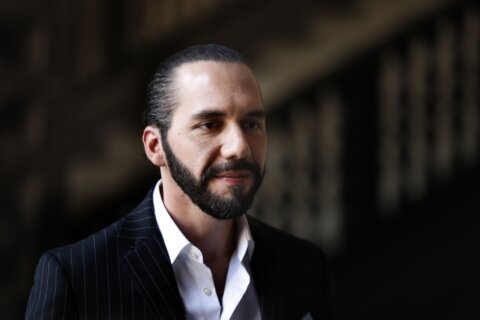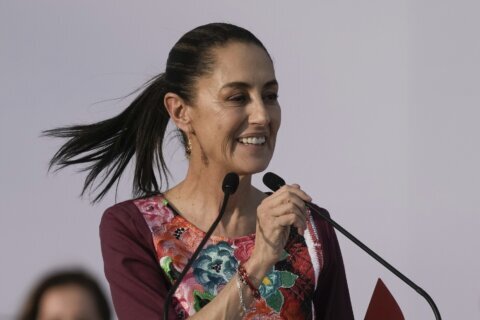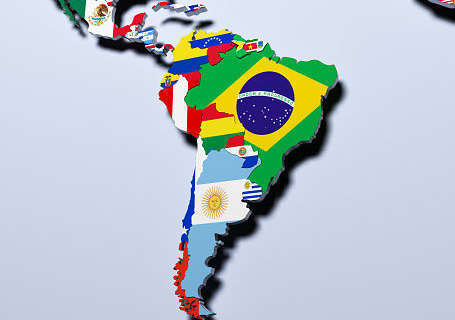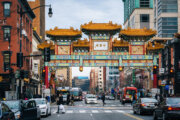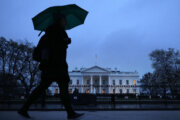HAVANA (AP) — Cuba’s government on Tuesday spelled out its laws against using social media or the internet to stir up protests or insult the state — and offered people a form to report offenders.
The decrees published in the Official Gazette follow the largest protests Cuba has seen in years, which broke out last month and apparently were fed in part by messages on social media applications.
A decree signed by Communications Minister Mayra Arevich was meant to “prevent, detect and respond opportunely to possible enemy, criminal and harmful activities that could occur in cyberspace.”
It forbids spreading content that attacks “the constitutional, social and economic” rules of the state or that incite demonstrations or other acts “that alter public order.” It also targets messages that justify violence or that affect people’s privacy or dignity.
The decree also bans “cyberterrorism” aimed at subverting order or destabilizing the country, categorizing it as a crime of “very high” danger.
It did not specify penalties, which are to be set in legislation later.
But if offered a model form that people can fill out to denounce “cybersecurity incidents.”
Thousands of Cubans took part in protests on July 11 and 12, angered by shortages of food and medicine and by power outages, as well as some demanding more political freedom.
The government accused outside groups and the U.S. government of using social media to cause trouble, and arrested numerous people — officials have not given numbers — as well as limiting access to the internet and temporarily cutting off access to cellphone data plans.
While the new decree specifically deals with actions on the internet, Cuba already has laws that punish people for actions and statements that undermine its socialist system.
The gazette also published rule against providing telecommunications services without official authorization, setting fines ranging from the equivalent of $800 to $1,600.
In the past, the government often has cracked down on people who used clandestine satellite television dishes and decoders to pick up TV signals from the United States.
In the wake of the protests, the administration of U.S. President Joe Biden has said it is studying ways to give Cubans independent access to the internet. Republican critics have criticized Biden for not acting more quickly.
Copyright © 2024 The Associated Press. All rights reserved. This material may not be published, broadcast, written or redistributed.

